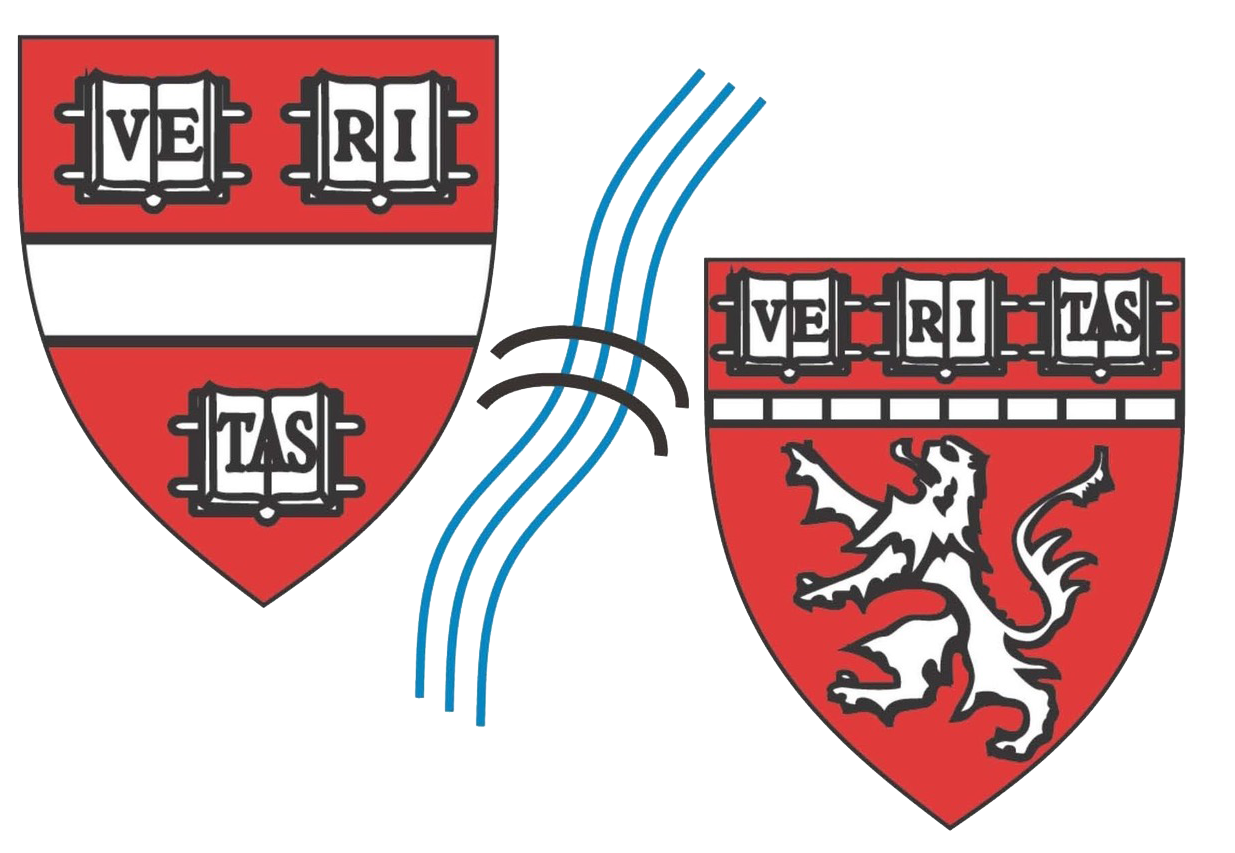Andrew C. Kruse
Department of Biological Chemistry and Molecular Pharmacology, Harvard Medical School

Research in the Kruse Lab centers on molecular mechanisms of signal transduction by transmembrane receptors.
Signal transduction across cell membranes plays a central role in human physiology and disease, yet the mechanistic details underlying transmembrane signaling remain poorly understood. Our research aims to elucidate the molecular basis of membrane protein signaling using techniques including protein engineering, structural biology, and pharmacology. In particular, we are focused on the study of proteins important in human health and disease, including G protein-coupled receptors and other proteins that regulate neurotransmission and metabolic homeostasis. Major experimental techniques in the lab include combinatorial protein engineering, X-ray crystallography, lipidic mesophase crystallization, and receptor signaling and radioligand pharmacology.
G protein-coupled receptors (GPCRs) are cell-surface receptors that regulate neurotransmission, cardiovascular function, metabolic homeostasis, and many other physiological processes. Due to their central role in human physiology, these receptors are among the most important targets of therapeutic drugs, and are they among the most extensively studied proteins. To better understand GPCR signal transduction at a molecular level, we are using structural biology and biophysical methods to study model GPCRs such as muscarinic acetylcholine receptors. In addition, we are using new approaches in combinatorial biology to facilitate structural studies and to create protein ligands of GPCRs.
We are also interested in signal transduction pathways that remain less extensively studied than GPCRs, particularly receptors involved in the regulation of human metabolic homeostasis. In the long term, we hope to leverage our understanding of molecular signal transduction to guide the development of new and better therapeutics that modulate these pathways.
Selected Publications:
Pascolutti RP, Sun X, Kao J, Maute R, Ring AM, Bowman GR, Kruse AC. Structure and dynamics of PD-L1 and an ultra high-affinity PD-1 receptor mutant. Structure. 2016 Oct 4;24(10):1719-1728.
Schmidt HR, Zheng S, Gurpinar E, Koehl A, Manglik A, Kruse AC. Crystal structure of the human sigma-1 receptor.(2016) Nature 532, 527-530.
Kruse AC, Kobilka BK, Gautam D, Sexton PM, Christopoulos A, Wess J. Muscarinic acetylcholine receptors: novel opportunities for drug development. (2014) Nat. Rev. Drug Discov., 13, 549-560.
Kruse AC, Ring AM, Manglik A, Hu J, Hu K, Eitel K, Hübner H, Pardon E, Valant C, Sexton PM, Christopoulos A, Felder CC, Gmeiner P, Steyaert J, Weis WI, Garcia KC, Wess J, Kobilka BK. Activation and allosteric modulation of a muscarinic acetylcholine receptor. (2013) Nature 504, 101-106.
Kruse AC, Hu J, Pan AC, Arlow DH, Rosenbaum DM, Rosemond E, Green HF, Liu T, Chae PS, Dror RO, Shaw DE, Weis WI, Wess J, Kobilka BK. Structure and dynamics of the M3 muscarinic acetylcholine receptor. (2012) Nature 482, 552-556.
Contact Information
250 Longwood Avenue, Boston, MA 02115
